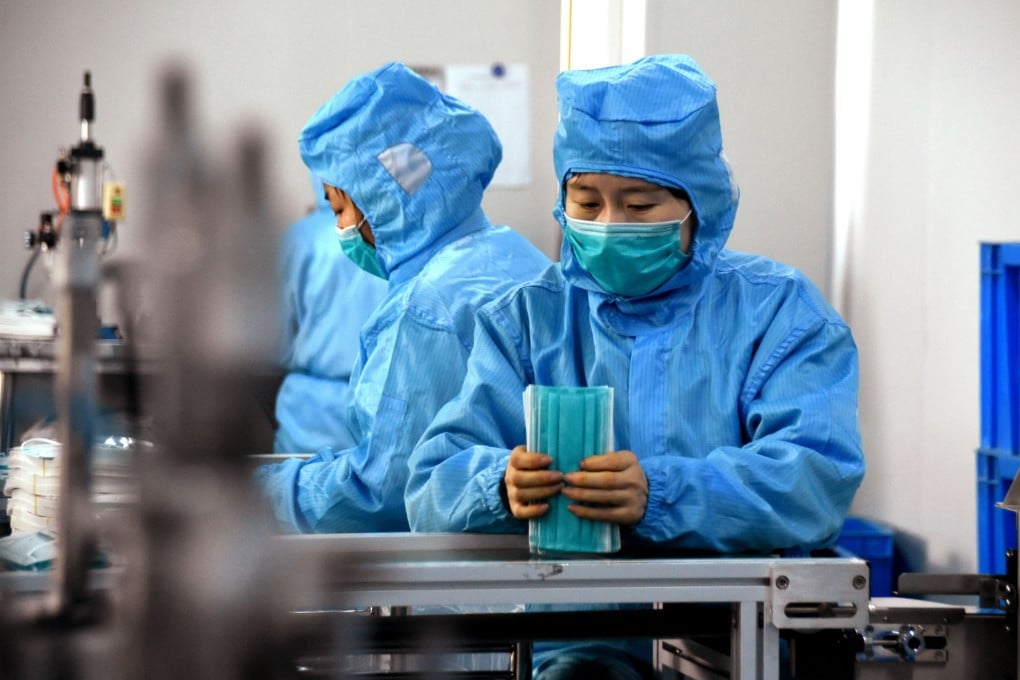Coronavirus: infant tests positive just 30 hours after birth
- Child in stable condition as case raises concern of transmission in the womb
- ‘Dormant’ patients can transmit virus and mild cases should be quarantined, Chinese health authorities say

This is a rolling story. See the heading below for the latest update.
According to data released on Wednesday morning by China’s National Health Commission (NHC), confirmed cases around the country rose by 3,887 – also a daily record high – to 24,324, the majority of which were in Hubei, the epicentre of the outbreak.
Cases of the novel coronavirus in Hubei rose by 3,156 to 16,678, according to provincial figures as of midnight on Tuesday. Almost 2,000 of those new cases were confirmed in Hubei’s capital of Wuhan, where the virus is believed to have originated at a seafood and meat market.
Newborn tests positive
An infant in Wuhan has reportedly tested positive for the coronavirus just 30 hours after birth, raising concerns that the infection could be contracted in the womb.